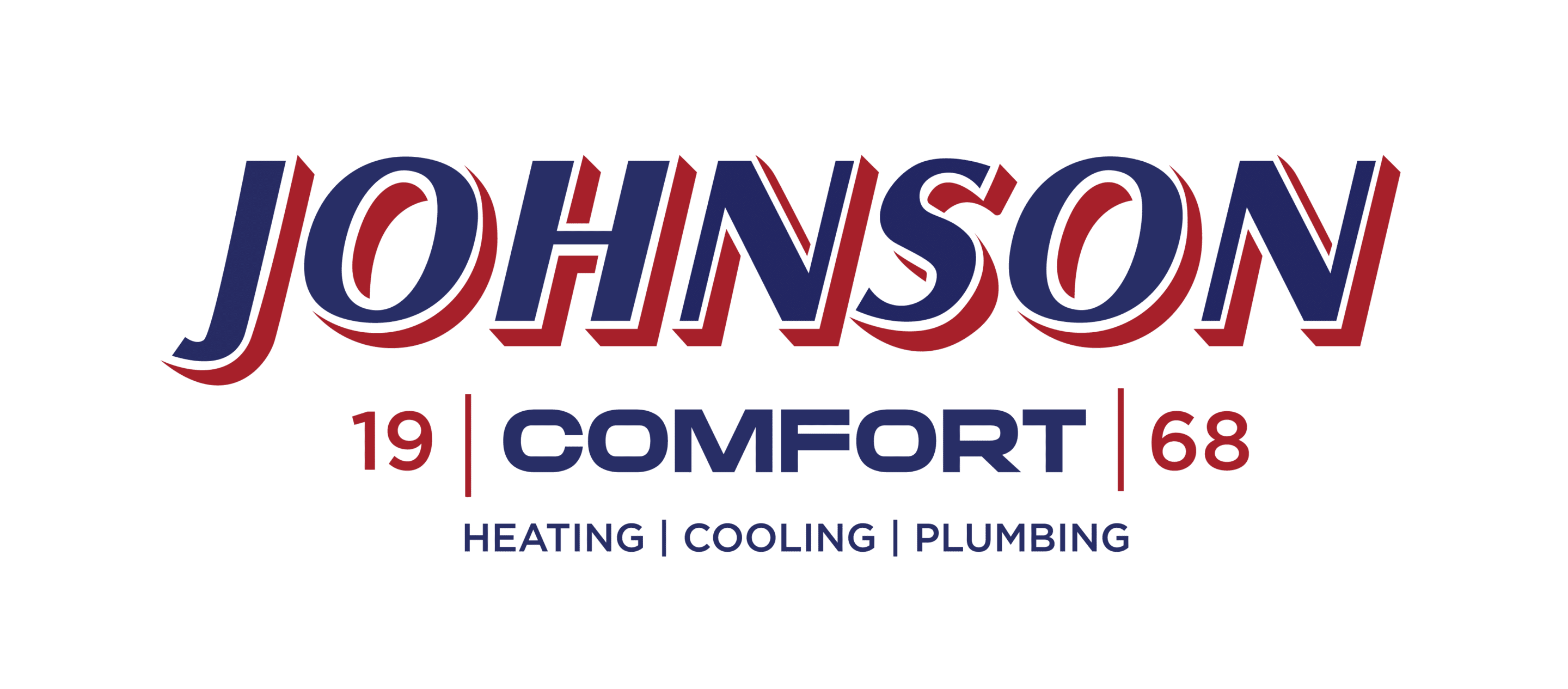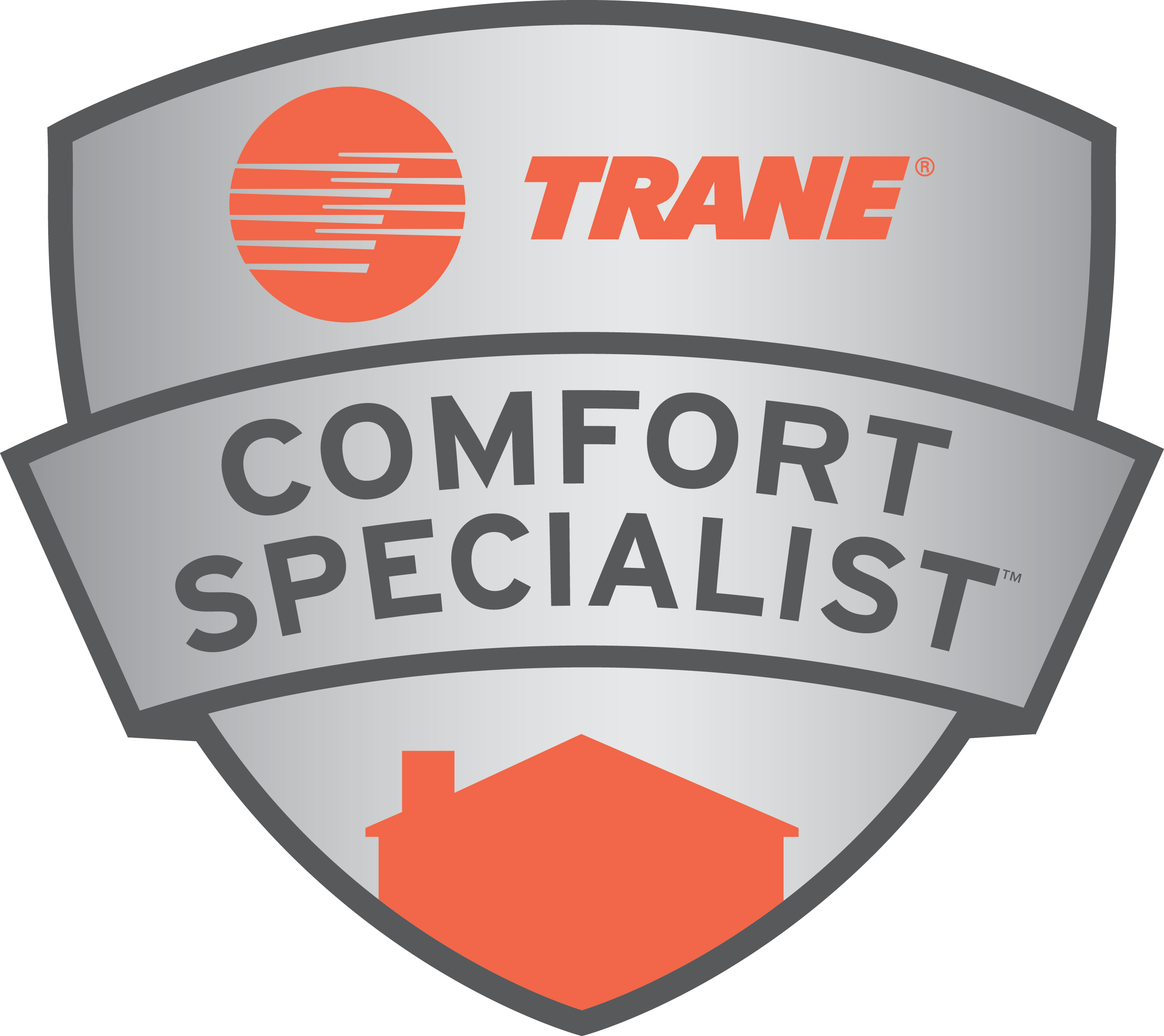It’s one of the worst feelings … and we’ve all been there. You flush your Whiteland home’s toilet, expecting it to work just as it does so many times a day — and then something goes terribly wrong. Instead of flushing your waste down the sewer, the water starts to fill the bowl. Its level goes up and up, sometimes high enough to let all that waste pour out all over your floor. It’s a stinky, gross, unhealthy mess that can even do permanent damage to your nice flooring.
How exactly do toilets clog?
Generally speaking, the toilets in your home are marvels of simple engineering. They include the “bowl” into which you and your family do “business,” a wide drain pipe that flows into your Whiteland home’s sewer line or septic tank, and a tank that stores water for the next flush. Clogs involve that drain pipe, which includes a clever curve that prevents sewer odors from entering your home. Most of the time, that curve in the pipe is filled with liquid, keeping the odors from getting past. But because that curve is a little narrower, it can trap some waste materials and cause a build-up that impedes the flow of waste. Eventually, the build-up can completely block the pipe. That’s when you need help!
What materials cause clogs?
One of the most frequent causes is using too much toilet paper. While it’s designed to break down in water, too much can overwhelm the pipe. Objects such as paper towels, feminine hygiene products, children’s toys, or even small household items may accidentally be flushed. Hair and food waste can also create problems (so don’t dump cooking grease or pan juices into your toilet). And, in some cases, problems with the toilet’s flushing mechanism may contribute to clogs.
How can I unclog the toilet?
The best way to clear toilet clogs is the oldest. A properly used toilet plunger (which is different from the kind of plunger for sinks and tubs) will clean most obstructions. More stubborn clogs may require the use of drain auger, which many people call a plumbing snake. It’s a special kind of cable that rotates as it goes through the drain from the toilet, scraping clog material and pushing down the drain.
What about those drain cleaners?
We don’t recommend the use of the chemical drain cleaners you’ll find at the supermarket or home store. They claim to be a safe, easy way to clean clogs, but most are made of highly dangerous chemicals that can cause serious burns and eye injuries to people and may damage some types of pipes. They’re dangerous when used in a toilet because some of the chemicals can remain in the bowl, where they may splash anyone nearby.
How can we prevent clogs?
Since toilet paper is a key cause of blockages, encourage household members to use less (or switch to a septic-safe brand). Also make sure they know nothing except toilet paper should be flushed. Those wet wipes that have become popular may claim to be flushable, but any plumber will tell you they cause many blockages. Upgrading to a high-efficiency toilet with a powerful flushing mechanism can reduce the likelihood of clogs and improve water efficiency.
Don’t put up with a clogged toilet
You can’t afford to put up with the mess and inconvenience of a toilet that’s clogged, so do what so many of your neighbors in Whiteland have done, and turn to the plumbing professionals from
Johnson Heating Cooling & Plumbing. They’ll respond quickly with the equipment and knowledge to unclog your toilet … and they’ll offer advice on how to keep it from happening again. There’s no reason to wait uncomfortably because of a clogged commode!



